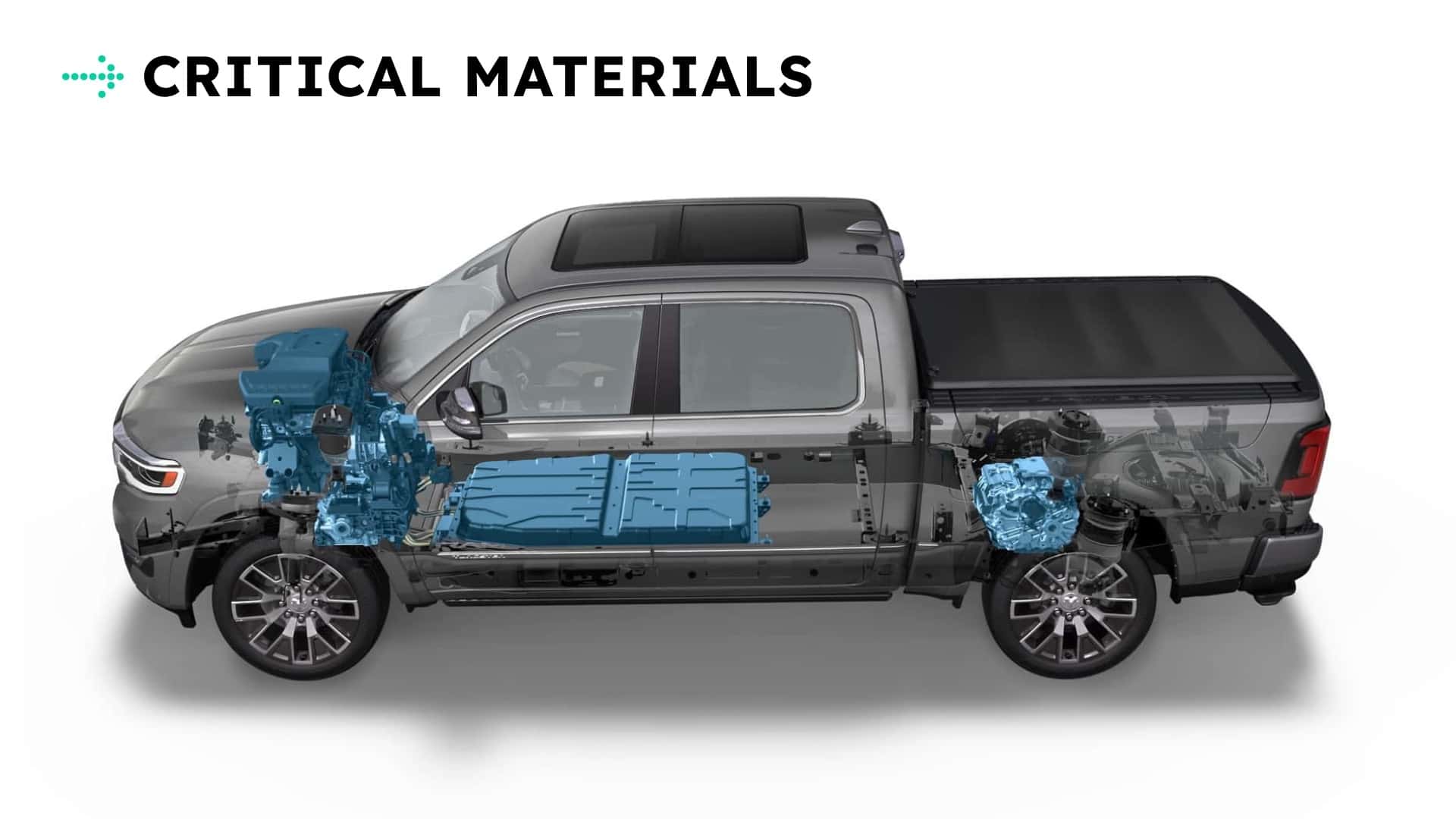
"a new technology might give the market a shot in the arm: extended range electric vehicles (EREVs). These are vehicles that have an electric powertrain, including a battery and a traction motor, along with a backup gasoline engine. The engine can charge the high-voltage battery to extend the vehicle's range, but doesn't power the wheels directly. That job still belongs to the electric motors only."
"A European clean transportation advocacy group has said that prolonging the life of combustion technologies would lead the auto industry nowhere, pointing towards some of the shortfalls of plug-in hybrids (PHEVs) as an example. Also on my radar today: A huge tariff relief might be on the cards for the U.S. auto industry after the Trump administration signaled a change of course on Friday. Plus, China is making progress with solid-state batteries but doesn't want to share that technology with the rest of the world."
"In the second quarter of this year, EREVs reached 10% of China's new energy vehicle (NEV) market, which consists mainly of EVs and PHEVs. We've even tested one here at InsideEVs, when Patrick George and Kevin Williams went to China and got behind the wheel of the very impressive Lynk & Co 900. But European clean transportation advocacy group Transport & Environment said in a new study published Thursday that EREVs in China pollute just as much as gasoline vehicles when their batteries are depleted."
Extended-range electric vehicles combine an electric powertrain — battery and traction motor — with a backup gasoline engine that charges the high-voltage battery but does not drive the wheels. The gasoline generator extends driving range while the electric motors remain the sole source of wheel propulsion. EREVs reached about 10% of China's new energy vehicle market in the second quarter. Critics warn that when EREV batteries are depleted they can pollute at levels similar to gasoline cars, and that relying on combustion backstops risks prolonging fossil-fuel technology. Meanwhile, tariff shifts and advances in solid-state batteries are affecting industry dynamics.
Read at insideevs.com
Unable to calculate read time
Collection
[
|
...
]